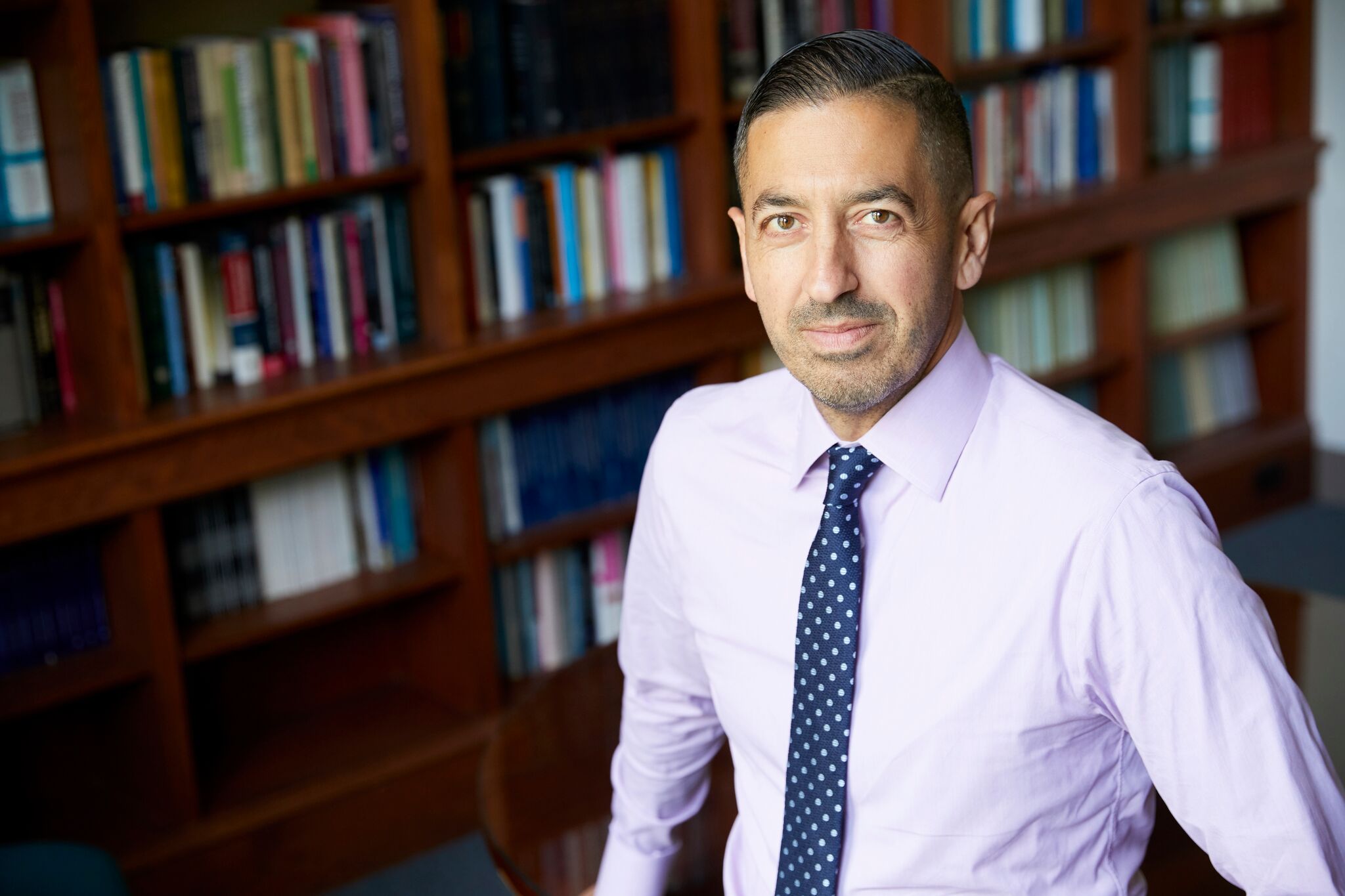This piece was first posted on Substack. To comment, please go there.
I tend to be asked to speak about problems, about challenges to health, and about the steps we can take to fix them. There is always much to talk about. As a society, we face many obstacles to health—from health inequities, to racial injustice, to obesity and gun violence, to climate change. These problems can seem overwhelming, and it is true that solving them is no simple matter. I have written and presented often on these challenges, their scope, and the difficulty of addressing them. A core takeaway of this work is that it will take years of patient engagement to advance the structural changes necessary to shape a world free from the fundamental challenges we face.
But it is also true that we have made tremendous progress in creating a healthier world, to such an extent that, if given the option of being born at any time in human history, most of us would likely choose now. The world is less violent, people are living longer, healthier lives, more children are being educated, poverty has fallen, as has maternal mortality, and living standards have dramatically improved since the start of the Industrial Revolution. These improvements are fundamental to how we now live, and served as the opening chapter of my forthcoming book, The Contagion Next Time. For much of human history, life was a brutal daily struggle for all but the most privileged. While many still live lives of desperate struggle, were someone from the medieval era to travel to the 21st century and see how the world has improved, she would likely feel she had arrived in a different planet.
As much as it is important not to let our progress distract from the challenges we still face, it is important we do not let our awareness of challenges minimize, in our minds, the tremendous, historically unprecedented improvements we have advanced. Of course, there is an argument to be made that this is not terribly important, that, in fact, by downplaying our progress we simply avoid complacency, keeping ourselves ever-invested in the work of shaping a healthier world. This is a powerful argument, but it is, I think, misguided. There is a short distance between downplaying progress and denying progress is even possible. This is significant because, by insisting progress is impossible, we are in a sense doing the nay-sayer’s work for them, by foreclosing the possibility of any effort towards a better future meeting with success.
In arguing for the acknowledgment of progress, I stress that I am in no way saying that profound challenges and injustice do not remain. The study of these challenges is the key focus of my career. But I study these problems because I believe that by shedding light on them we can solve them. We can do so when we accept that solutions do exist, and that we have already made progress—in some cases, tremendous progress—in their direction. Yet it has become seemingly inconsistent with a certain political agenda to say that we have made positive strides. Conversely, it has become untenable to many to acknowledge that the status quo is not perfect, that there are indeed challenges to be addressed. The conclusions urged by both sides are counterproductive—on the one side, it is to leave in place a status quo with many deep problems; on the other side, it is to wholly dismantle systems—including aspects of systems which may help to generate progress—because of a perception that the status quo is far worse than it actually is. Within this context, admitting progress becomes a radical act. It is strange to think this might be so, yet, in an age when calls to dismantle systems have become commonplace, it has indeed become far rarer—and perhaps more daring—for someone to say the world is actually, all things considered, rather good.
That we find ourselves in this position reflects both longstanding features of human nature, and the unique circumstances of the moment we are in. In a prior column, I noted the human tendency of amplifying the danger of certain risks, even when the actual likelihood of dying from them is small. The reason we do this is because, in the rare instances when such risks do result in death or injury, the media is incentivized to amplify them to such an extent that it dramatically skews our perception of risk. On top of this, we now have the pervasive influence of social media, which can amplify an incident until it can seem like it is happening everywhere, regardless of whether this perception is supported by data.
This is made all the more difficult when our skewed perceptions fuse with our partisan affiliations. I was recently amused by an article in The Guardian, by Ed Cumming, titled “I hate to say it, but Britain’s doing OK. Even Germany envies us…” The article’s subheading is, “For diehard Remoaners like me, all this endless good news about jabs and carbon emissions is pretty hard to take.” The upshot of the piece is that, for liberals, like myself, who were (and remain) convinced that the UK is a lesser place in the wake of Brexit, the country’s vaccination success, and progress in other areas, comes as unwelcome news. The tone of the article is tongue-in-cheek, but it captures something true about what happens when our ideas about progress become linked to partisan affiliation: progress is particularly difficult to acknowledge when it seems to vindicate one’s ideological foes.
At the heart of our inability to acknowledge and celebrate progress is our embrace of zero-sum thinking. We have come to believe that to acknowledge any progress is to deny all problems, or that to acknowledge problems is to deny all progress. We need to reject this thinking and reclaim nuance in how we see and engage with the world. We can simultaneously say it is a better time to be alive than ever before, while also saying we need to do even better—much better. One way to get to this perspective is to learn from those who are in a position to look at our society from the outside in. A good place to start would be the millions of immigrants who have come to this country, drawn by the freedom and opportunity upheld by our progress. I am one of these immigrants. My immigrant experience has led me to see much of where America falls short, through my occasional encounters with bigotry and xenophobia. But far more fundamental to my experience as an immigrant is my deep love of the US, its culture, and its freedoms. This love is why I am here. What is more, it is abundantly clear to me that my life as an immigrant to the US is much better now than it would have been a century ago, even as it is clear that there is much that can be better in our treatment of immigrants.
I share this perspective mindful that it echoes that of many others, who see this country through glasses neither rose-tinted nor inevitably focused on faults to the exclusion of all else. As we slowly enter mid-spring, looking with hope towards summer in this country, it seems important to say that we have made progress, that it matters that we have done so, that we should celebrate this, as we acknowledge there is still much to be done. It does us no good to insist it is still winter even as flowers start to bloom.


